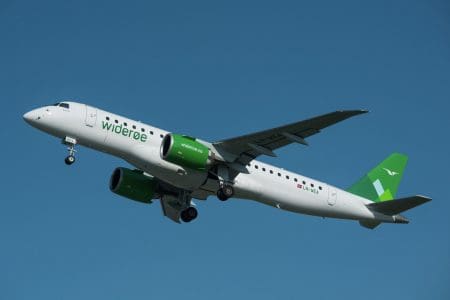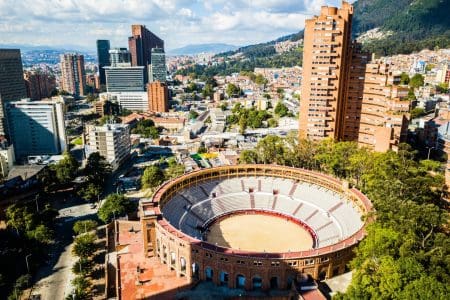Hundreds of flights have been cancelled leading to disruption to thousands of passengers due to the first BA strike that started at midnight on 8 September.
The airline’s pilots are due to continue their strike for 48 hours in a long-standing dispute between the airline and the British Airline Pilots’ Association (Balpa).
A second BA pilots strike is scheduled for 27 September.
British Airlines stated on its website that it had “no option” other than cancelling all the flights.
“We understand the frustration and disruption BALPA’s strike action has caused you. After many months of trying to resolve the pay dispute, we are extremely sorry that it has come to this,” the company’s website stated on the BA strike.
The airline has more than 800 flights each day carrying around 145,000 passengers. BA has offered customers either a refund or a flight on another day, or with another airline.
According to the Civil Aviation Authority, passengers do have a legal right to a replacement flight at British Airline’s cost to reach their destination, even when flying with a different airline.
“British Airways needs to wake up and realise its pilots are determined to be heard,” Brian Strutton, general secretary of Balpa, told The Guardian.
“They’ve previously taken big pay cuts to help the company through hard times. Now BA is making billions of pounds of profit, its pilots have made a fair, reasonable and affordable claim for pay and benefits.”
British Airways has offered the union a pay rise of 11.5% spread over three years, taking the salary of certain captains to excess of £200,000, according to the airline.
In July, the airline’s owners, International Airlines Group (IAG), failed in their attempt to secure a court injunction to prevent the BA strike in the UK High Court.
Last year, IAG reported a pre-tax profit of €3bn (£2.7bn), a rise of nearly almost 10% on 2017. BA contributed £1.96bn, up by 8.7%.
For the latest information on the BA strike, click here.



